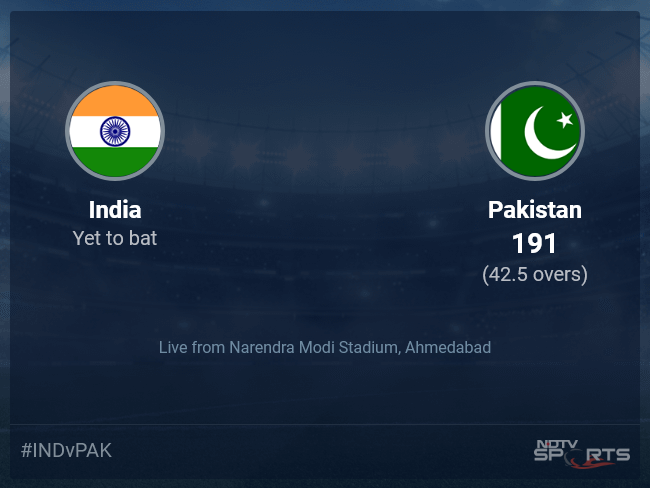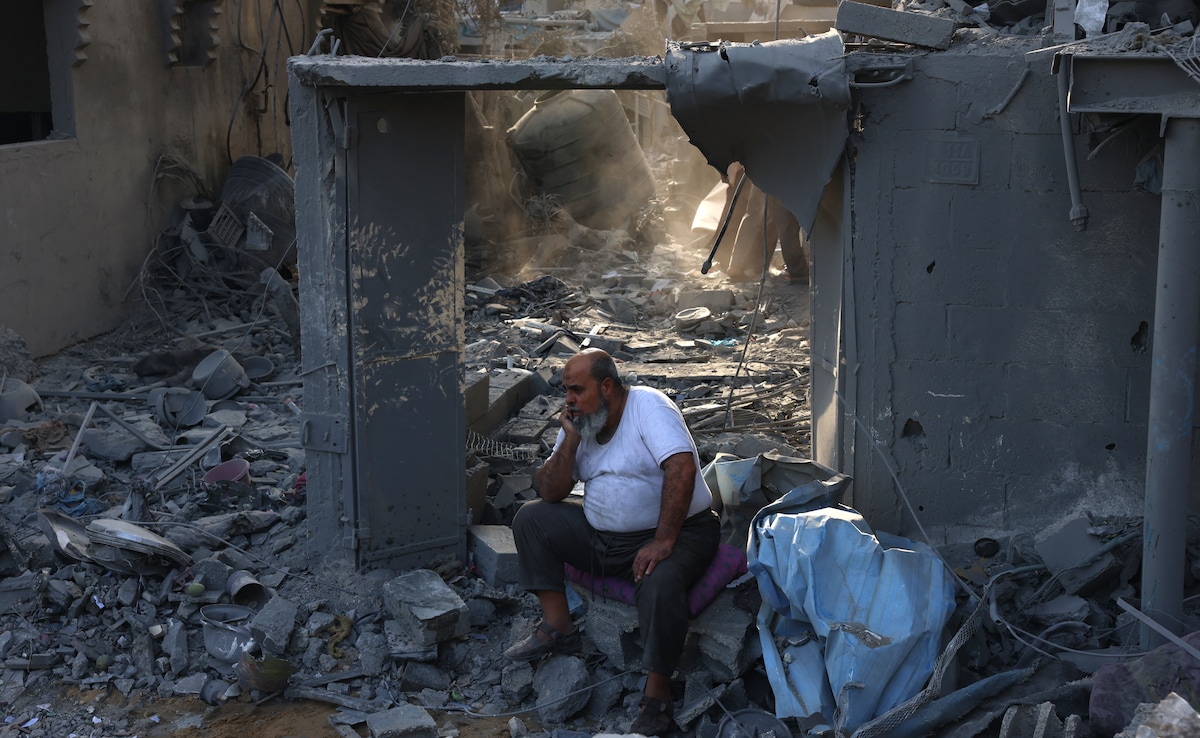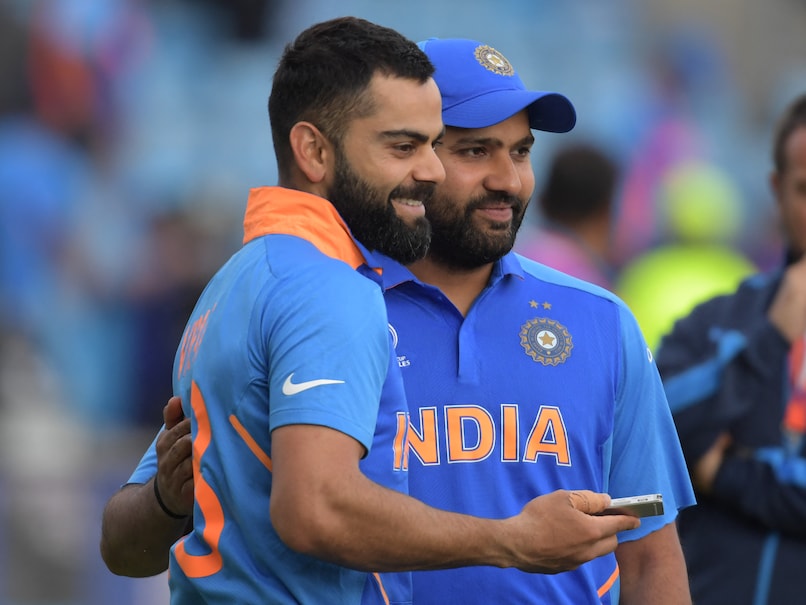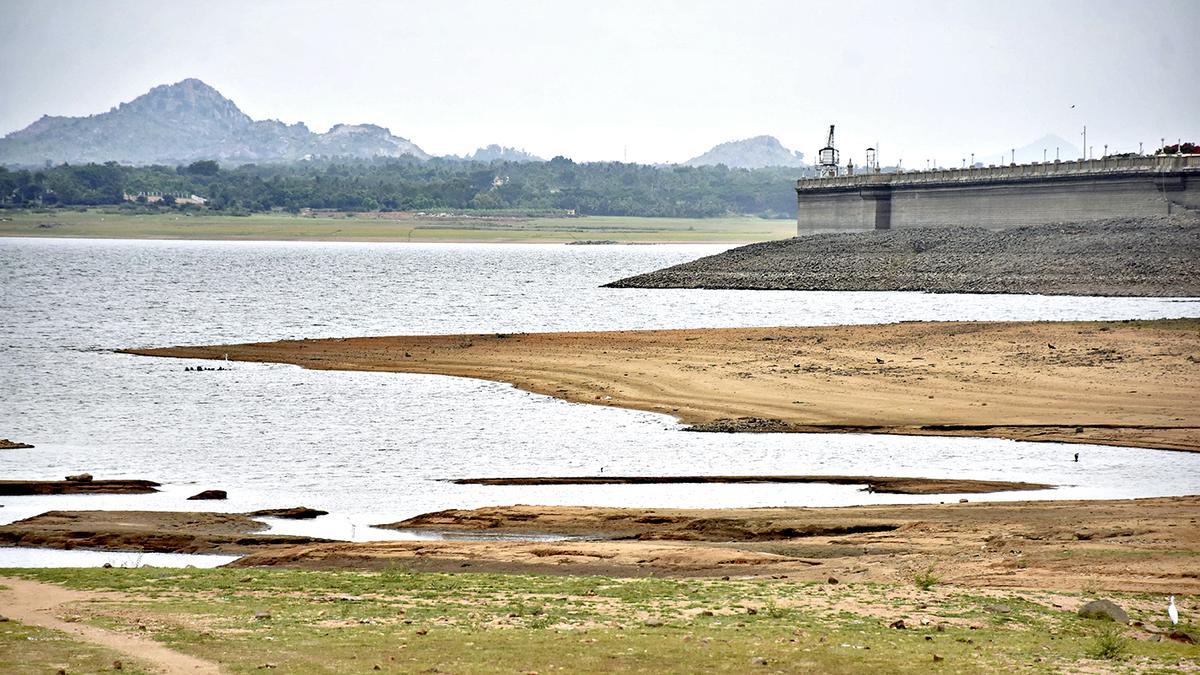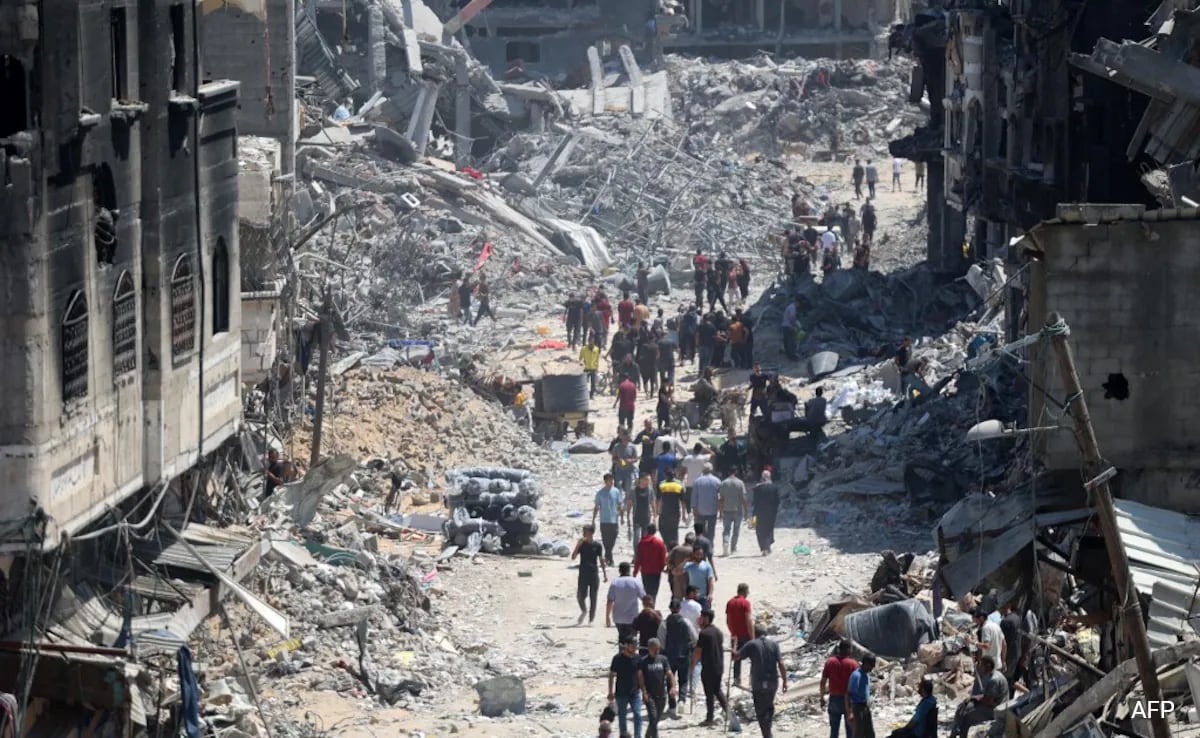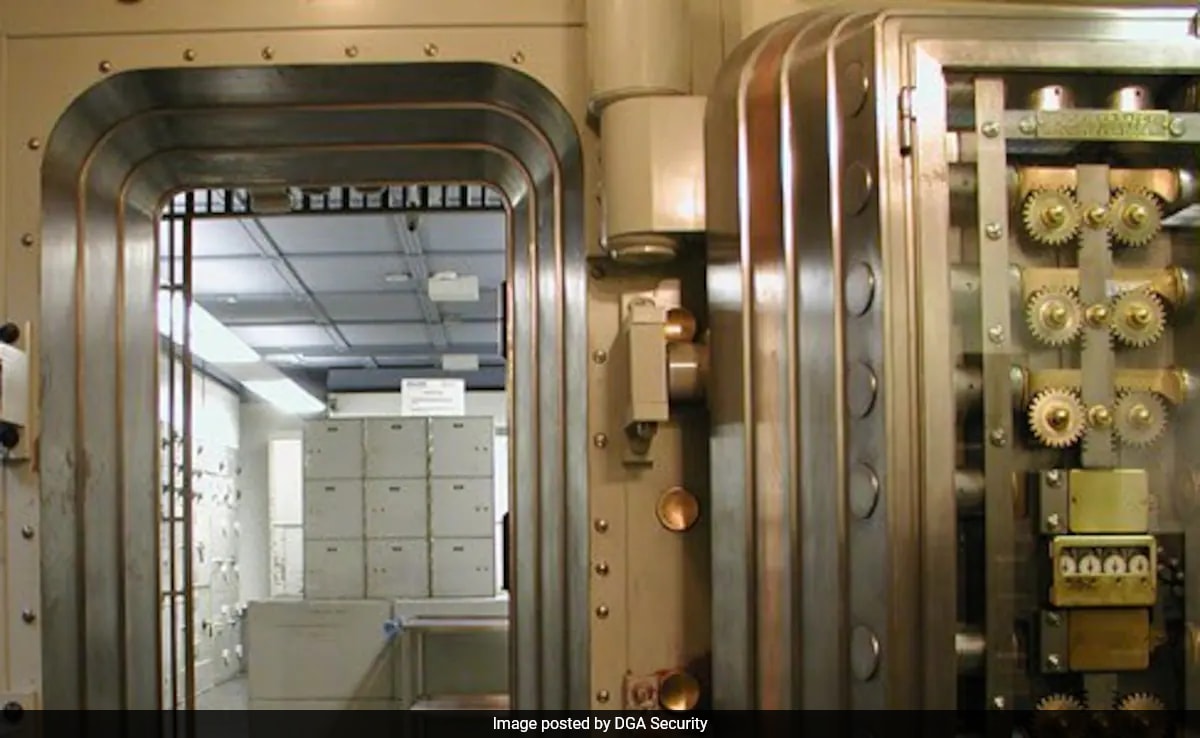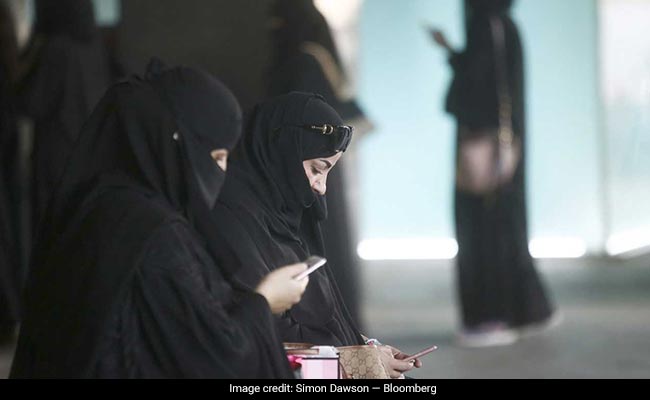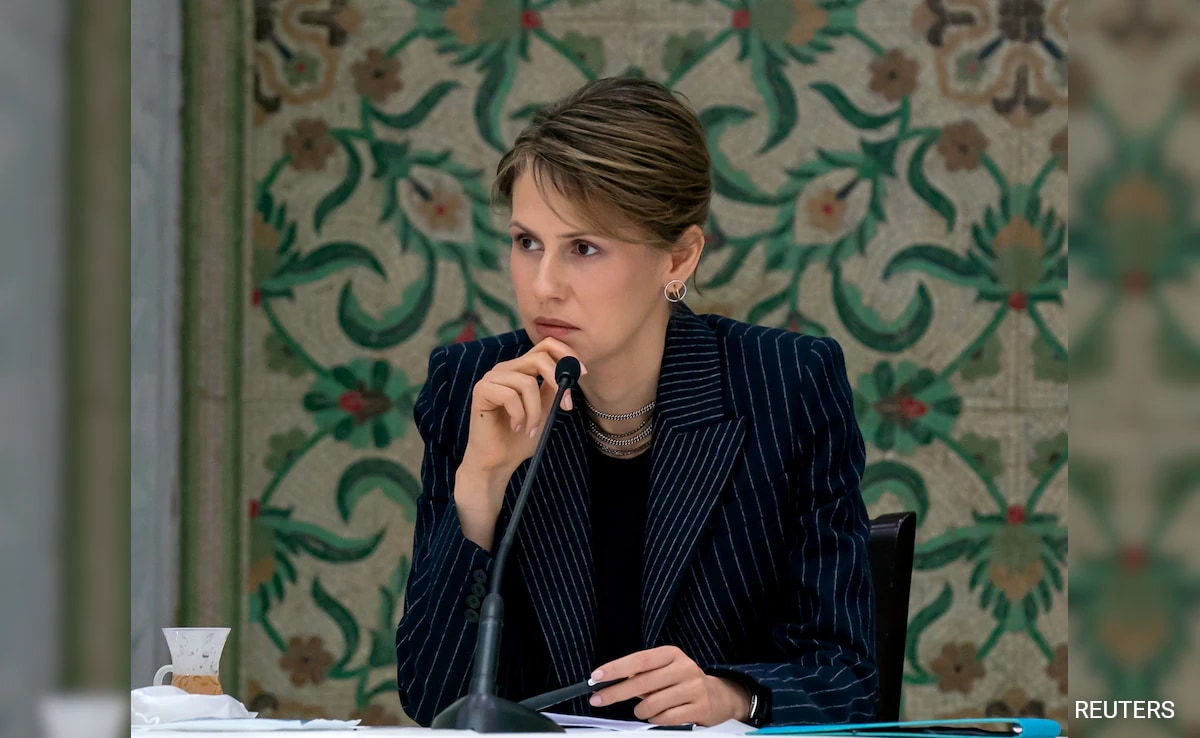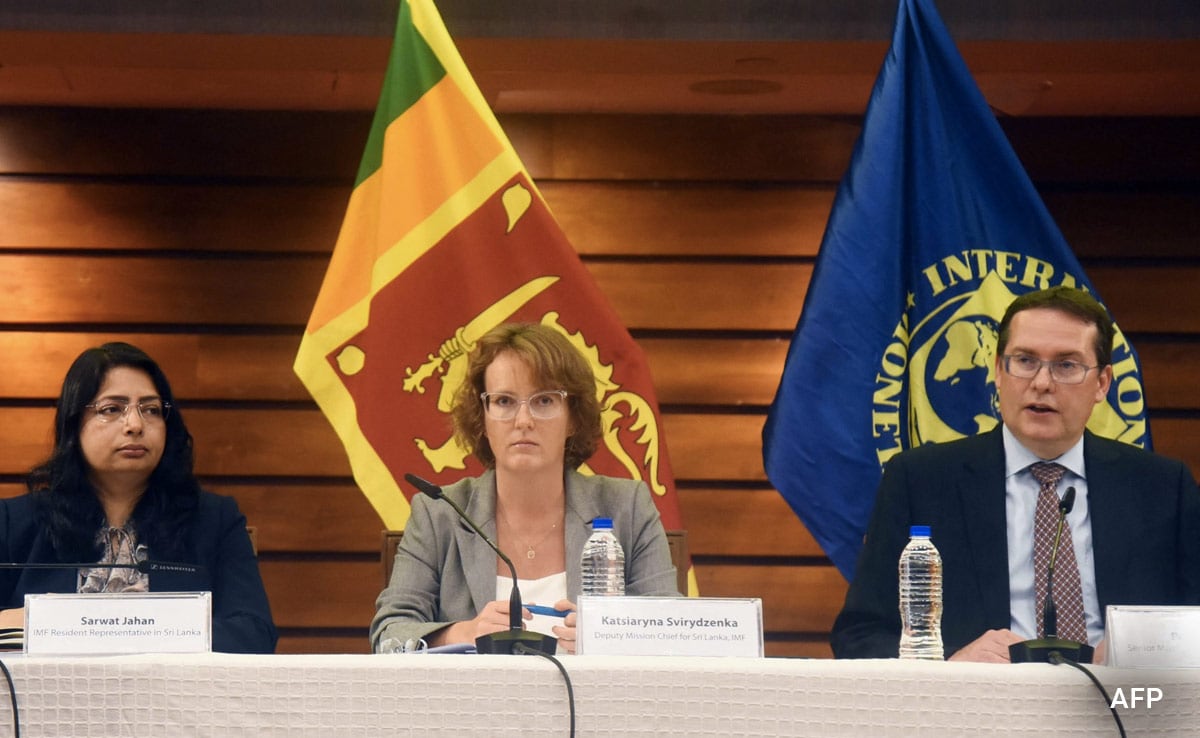We return to Israel’s bombardment of Gaza- now nearly 250 days of it- in retaliation for the October 7 terror attacks by Hamas- the latest civilian casualties, after Israel Defence Forces launched strikes on a refugee tent city in Rafah, an area designated a safe zone by Israel itself- killing about 45, many burnt to death while asleep and injuring 200.
– The death toll now from 7 months of Israeli operations- more than 36,000, including civilians, UN workers and journalists.
– Israel that lost 1200 civilians in the Hamas attacks, still awaits the return of about 125 hostages.
– Starvation also stalks Palestinians with Israel blocking food and humanitarian supply routes- a UN survey found that 85 per cent of children did not eat for a whole day at least once in the three days before its survey was conducted.
Global Response to Rafah:
1. Israel’s PM Benjamin Netanyahu called the Rafah strike a tragic mistake, even as IDF claimed the camp had a weapons dump that caused the deaths. His NSA said the war would continue at least another 7 months- until end 2024
2. The latest civilian killings even prompted the US to issue a strong statement, but said no “red lines” had been crossed by Israel yet
3. The strike came even as the ICC prosecutor applied for arrest warrants against Israel PM Netanyahu, Defence Minister Gallant and Hamas Leaders for war crimes- once those are issued, it will become difficult for them to travel to other countries who are signatories- as it has been for Russian President Putin
4. Meanwhile the ICJ- that continues to deliberate on South Africa’s petition on terming Israel’s war as a genocide, issued a special order on Rafah- ordering Israel to stop its operations in the southernmost area of Gaza in Rafah, its last refuge for Palestinians
The Hindu in focus Podcast this week has more
5. Ireland, Norway and Spain joined 140 countries worldwide that have already recognised the state of Palestine, saying this was part of a symbolic push on Israel for the 2-state solution.
6. Spain has also announced it will deny port facilities to any ship carrying weapons for Israel, and stopped a shipment from Chennai carrying explosive material
7. While UN members keep urging the UN Security Council to reconsider the appeal for full membership status for Palestine, the UNSC has a new proposal by Algeria calling for Israel to stop it offensive on Rafah. A UNSC hearing saw a particularly fierce debate between the Israeli and Palestinian Ambassadors
All this happened in the past week- what’s India’s position?
1. The MEA called the Rafah strike killings, heartbreaking:
Randhir Jaiswal: “The heartbreaking loss of civilian lives in the displacement camp in Rafah is a matter of deep concern for us. We have consistently called for protection of civilian population and respect for international humanitarian law in the ongoing conflict..”
2. India is not a signatory, so will not be bound by the warrants, if issued
3. However, India does adhere to the ICJ, and an Indian judge was amongst those presiding on the ruling- it is also clear that South Africa has gained much standing in the global south over its tough position at ICJ, and India will watch that keenly
4. The MEA also pointed out that India was among the first countries to recognise Palestine – way back in 1988. India hosts and supports the Palestinian embassy in Delhi
5. India will watch all peace moves closely- especially the Chinese one, given China’s role in the Saudi-Iran rapprochement last year. PM Modi even declared this week that he had sent his envoy, believed to be NSA Ajit Doval who met with PM Netanyahu to urge him not to bomb Gaza during the month of Ramzaan. Given that Israel continued its bombing, it remains to be seen whether the newly elected PM post elections will take a more engaged role.
6. Grand connectivity projects I2U2 and IMEEC have been forced into an indefinite pause, trade costs through the Red sea and Persian gulf have skyrocketed, and US plans to extend the Abraham Accord have floundered
WV Take: Despite the backing of the US, Israel is fighting a losing global battle of perception – and the losses mount with each passing day of civilian casualties. In that sense, Rafah is not just the final front for Palestinian refugees fleeing the bombardment, it could be Israel’s last chance to turn the tide, accept a ceasefire, negotiate a hostage release and end the suffering of civilians. India must play its role, if at all, to that end.
WV Reading Recommendations: I’ve already recommended a number of books in recent episodes. So as not duplicate, here are some books expected in the next few months:
1. The Killing of Gaza: Reports on a Catastrophe by Gideon Levy
2. The Gates of Gaza: Critical Voices from Israel on October 7 and the War with Hamas (De Gruyter Disruptions Book 4) Kindle Edition by Lihi Ben Shitrit
3. The Abraham Accords: The Gulf States, Israel, and the Limits of Normalization by Elham Fakhro
4. Spies Among The Sands: Assessing Seven Decades of the Mossad and Israeli National Security by Prem Mahadevan
5. From Beirut to Jerusalem (With a New Preface) Paperback – October 1, 2024 by Thomas L. Friedman
6. HAMAS: The Quest for Power 1st Edition by Beverley Milton-Edwards (Author), Stephen Farrell
Script and Presentation: Suhasini Haidar
Production: Gayatri Menon and Shibu Narayan

